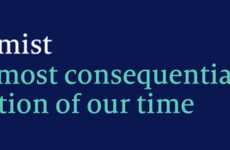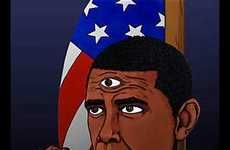
The 'What We See VS. What Politicians See' Series has a Bone to Pick
Josh Triantafilou — March 27, 2012 — Pop Culture
References: stream.pleated-jeans & buzzfeed
The blog Pleated-Jeans recently posted a series of 'What We See VS. What Politicians See' diagrams illustrating what the author thinks is wrong with contemporary American politics.
For anyone with an anti-authoritarian, ideal, democratic or even just plain contrarian streak, these diagrams will amuse you. What We See VS. What Politicians See point out differences between popular conceptions of things and the way such things are often discussed among politicians.
According to one picture, politicians tend to think of internet users as pirates; this observation is emphasized through the depiction of a quintessential pirate. Whether or not one agrees with the What We See VS. What Politicians See series, most would admit that the images are pretty apt.
For anyone with an anti-authoritarian, ideal, democratic or even just plain contrarian streak, these diagrams will amuse you. What We See VS. What Politicians See point out differences between popular conceptions of things and the way such things are often discussed among politicians.
According to one picture, politicians tend to think of internet users as pirates; this observation is emphasized through the depiction of a quintessential pirate. Whether or not one agrees with the What We See VS. What Politicians See series, most would admit that the images are pretty apt.
Trend Themes
1. Anti-establishment Movement - There is an opportunity for new political leaders with alternative voices and platforms that appeal to the disillusioned individuals who are sick of the traditional political narrative.
2. Visual Political Commentary - Political projects that use humor to convey messages in a visually appealing way may be successful due to their ease and modern style.
3. Online Political Discussion - There is a huge opportunity to create a platform for individuals to discuss politics in an online setting, especially as traditional media is often seen as biased or unrepresentative.
Industry Implications
1. Social Media - Social media platforms may be an effective location for highlighting unique political movements in a more visually engaging manner.
2. E-commerce - In a politically charged environment, e-commerce platforms that curate products that represent an individual's political views could gain significant traction.
3. Media - Traditional media has struggled to adapt to the modern political climate, so there is an opportunity for new media startups to succeed in online political commentary and reportage.
1.7
Score
Popularity
Activity
Freshness























